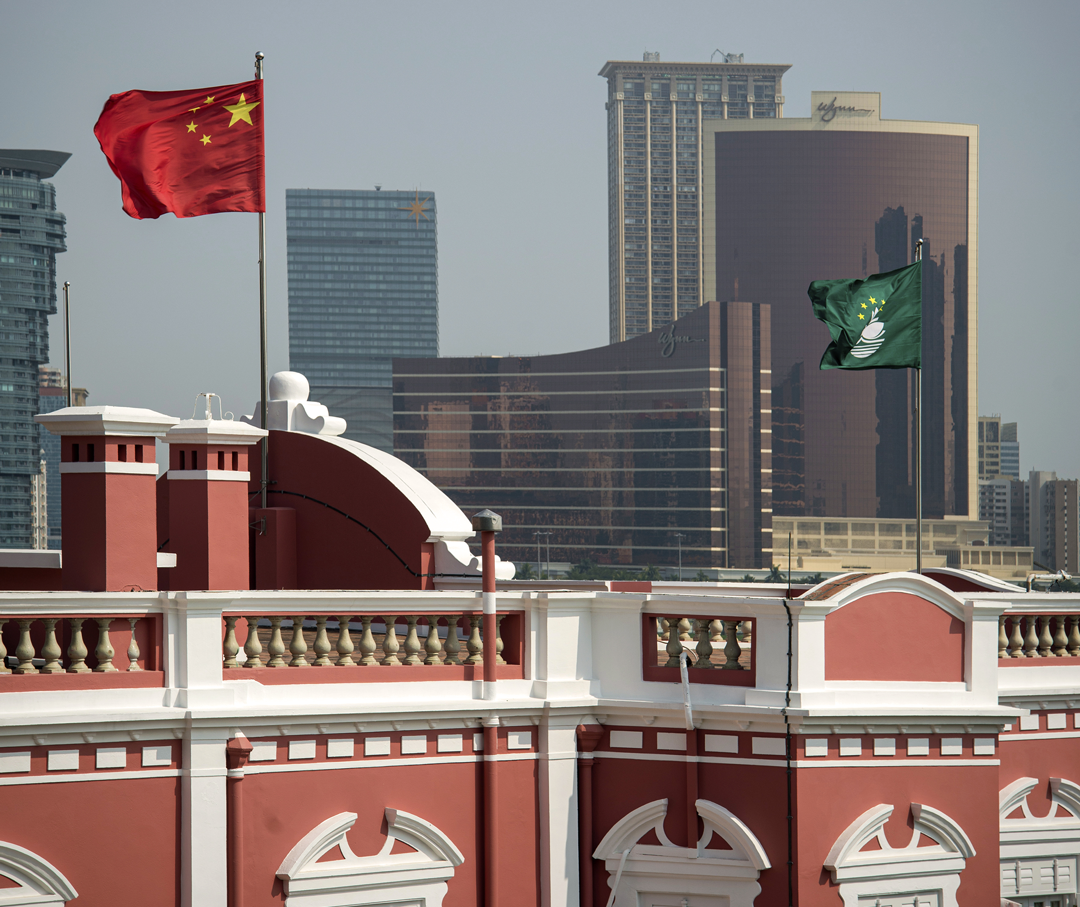Macau casino shares gave back some of their gains on Tuesday after the government published the city’s new gaming laws, which tighten supervision and capital requirements.
“The details today appear to be more stringent than we had believed,” said Ben Lee, managing partner at IGamiX Management & Consulting. “The positives of no government control on capital distribution and no government representation are being outweighed by other factors that have now become clearer.”
Alidad Tash, managing director of 2NT8, also said the actual bill was far less benign than Friday’s explanatory note suggested.
“I’m not saying that Friday’s good news has been entirely negated by Tuesday’s bad news; not at all. But the icing is definitely off the cake now,” he wrote in a post.
The government provided an outline for its gaming law on Friday, saying the number of concessions would be capped at six and the concession term reduced to 10 years from five years.
The government has dropped a proposal to appoint a manager to oversee the business of the operators and there are no proposals to restrict capital distribution. The operators will need to inform the government of any “major financial decisions.”
Three-year performance review
In the draft bill, the government states that the operators will be subject to an interim review every three years to analyze their compliance with obligations set out in their concession contracts. This is likely to include compliance with commitments to invest in non-gaming facilities, Lee says.

The new bill does not raise taxes but does set a “premium” which is designed to ensure the government meets its revenue targets.
Macau’s chief executive will set a maximum number of table games and machines each operator is allowed to operate each year.
There will be a minimum level of GGR calculated that each table and machine is expected to generate. If the concessionaire doesn’t meet the target, it will have to pay a premium to the government to make up the shortfall and if it falls short for two years the government will have the right to reduce the table or machine allocation.
Reining in junkets
As expected, the legislation greatly reduces the power of junkets to operate, but doesn’t ban them. Under the new rules, junket promoters will only be able to work with one operator, whereas as present most junkets have VIP rooms with all of the concessionaires. Any revenue sharing between the two parties will be strictly forbidden. They will only be allowed to provide services to the operators on a commission basis.
However, Lee notes that the ban on revenue sharing also appears to refer to the management contracts between the U.S. parent companies and the local concessionaires.
Under Section 15 of article 22, the law states that management companies may only be paid fixed management fees. Article 2 defines the management company as a company that has the right to manage all, or part of the casinos of the approved company by signing a contract with the approved company.
Lee said it’s clear the Macau government is seeking to stem the amount overseas operators are able to extract from their Macau operations.
Covering risks
The government has also increased the minimum capital requirements for the operators from MOP200 million to MOP5 billion, which analysts don’t see as being too onerous.
However, in the details of the bill, the law stipulates that the operators will also need to keep enough cash, or credit, on hand to cover any unredeemed chips. It says that the total value of chips in circulation will be fixed by the secretary for economy and finance.
If there is any risk that the chips in circulation can’t be covered, the secretary may require the concessionaire to hand over cash, or a high-level solvency bond, with the government as the beneficiary.
The new laws set out punitive financial sanctions and also layout some grounds for potential termination of the concession contract, chief among them being national security grounds.
Safeguarding national security is listed as one of the key priorities of the bill, as well as promoting economic diversification and sustainable development. China sees uncontrolled capital outflows as being a major threat to national security.
“The terms are deliberately vague and leave a lot of room for interpretation,” Lee notes. “It’s a broad sword.”

Looking beyond Macau
The laws also extends to activities beyond Macau. According to the draft, the concessionaires will need authorization from the chief executive before beginning or terminating any activities overseas if they involve any of its shareholders with a stake of five percent or more.
Not only that, the Chief Executive has the authority to instruct the concessionaire to remove such shareholders.
The local regulator, the Gaming Inspection and Coordination Bureau (DICJ) will also need to be informed if any of their shareholders are subject to any investigations – or penalties – in overseas jurisdictions.
The law sets out requirements for the concessionaires to carry out corporate social responsibilities, including supporting small and medium-sized businesses and the diversification of the local economy but doesn’t go into details. They also need to provide training to professionally advance local workers and commit to supporting activities of public interest, as well as cultural and sporting activities.
The draft bill will now be passed to the Legislative Assembly for review and for any further amendments before its final passage. Although the law was published sooner than had been expected, most industry observers still say that the timetable is too tight to carry out the re-tender process before the June 26th deadline for expiry and an extension will be needed. Most expect that to be for about six months.











